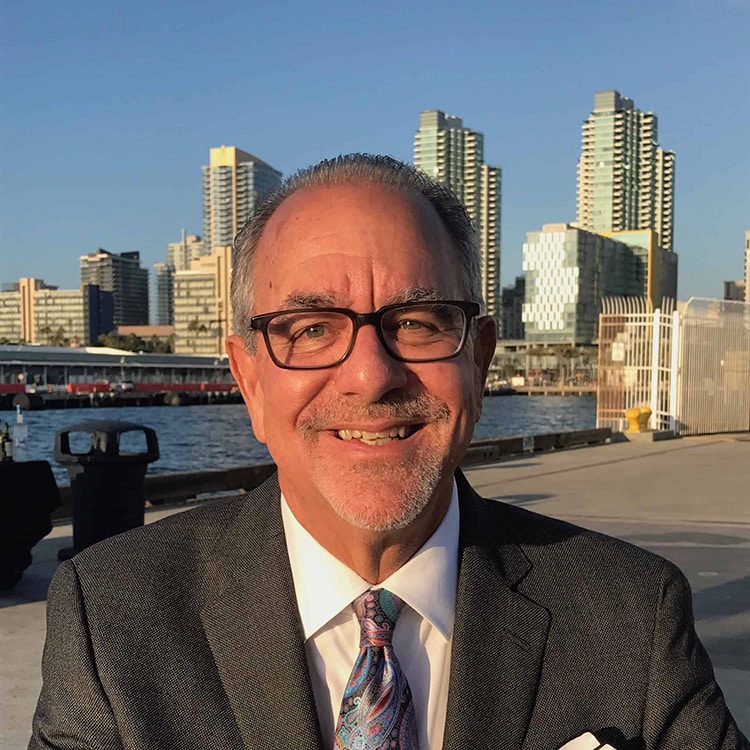
Facing Addiction & Recovery in Retirement
Drug use is a young person problem.
If only that were true. The truth is that around 1 million people aged 65 and over have substance use disorder. They abuse alcohol, opioids, and marijuana. Addiction doesn’t care about age. It’s a disease, and it can affect anyone.
For some, addiction begins in their youth and continues into adulthood. A 2014 TEDS report by the Substance Abuse and Mental Health Services Administration cites ages 12-17 as when people are most at risk for starting to abuse substances. Others start using when they are well into adulthood, and the culprit is often prescription medication.
Getting older comes with many challenges. One of them is that our health becomes more fragile. We become more fragile. To ease the suffering, many doctors prescribe opioids to seniors.
Although he’s younger than the typical retiree, Brock Bevell’s addiction story follows a similar pattern. He never had an issue with SUD. In fact, he was an undercover cop who put drug dealers away. Then, he suffered an injury on the job and had to retire. Brock began taking prescription meds, and eventually, he self-medicated to escape the depression that came with his retirement.
Struggling with retirement is a common issue.
There is a name for it: Retirement Depression. Psych Central mentions that anger is a common reaction for those who have to leave work unexpectedly or unwillingly.
Brock had loved being a cop, and as soon as he handed in his badge, he felt ostracized. Instead of catching bad guys, he was picking up kids’ toys and felt understandably upset. He admits to having an addictive personality, and when doctors prescribed opioids to help him deal with physical pain, it didn’t take long for him to turn to them for emotional comfort. He abused them and, like Scott Silverman, even spent some time as “an unlicensed pharmacist.”
Since then, Brock has rediscovered his passion for work, and this time it’s through helping others on their recovery journeys. He’s started his own program called Chase the Vase, which offers a no-excuses, 30-day challenge to sobriety. He especially loves working with other first responders and veterans.
To Brock, “chasing the vase” means setting the next goal. When in the throes of addiction, your mind is always on finding the next fix; he decided his vase would be sobriety. But you never stop setting goals. There is always another vase to chase.
Considering he’s been sober for more than eleven years, it’s safe to say he’s doing something right.
He offers people the opportunity to “own their recovery” and view addiction as a bully. Chase the Vase is your self-defense course.
Whether this type of intensive recovery program speaks to you, or you’d rather do something more traditional like a twelve-step program, the important thing is that you seek help. Know there are people from all walks of life in your shoes, and there is nothing to be ashamed of. Substance Use Disorder can affect former police officers, lawyers, and—yes—even Grandpa.
Scott Silverman is always available to discuss which course of treatment might be right for you. Whether you’re facing addiction as a young adult or in retirement, reach out to Scott at 619-993-2738.
Categories
Addiction News elderly